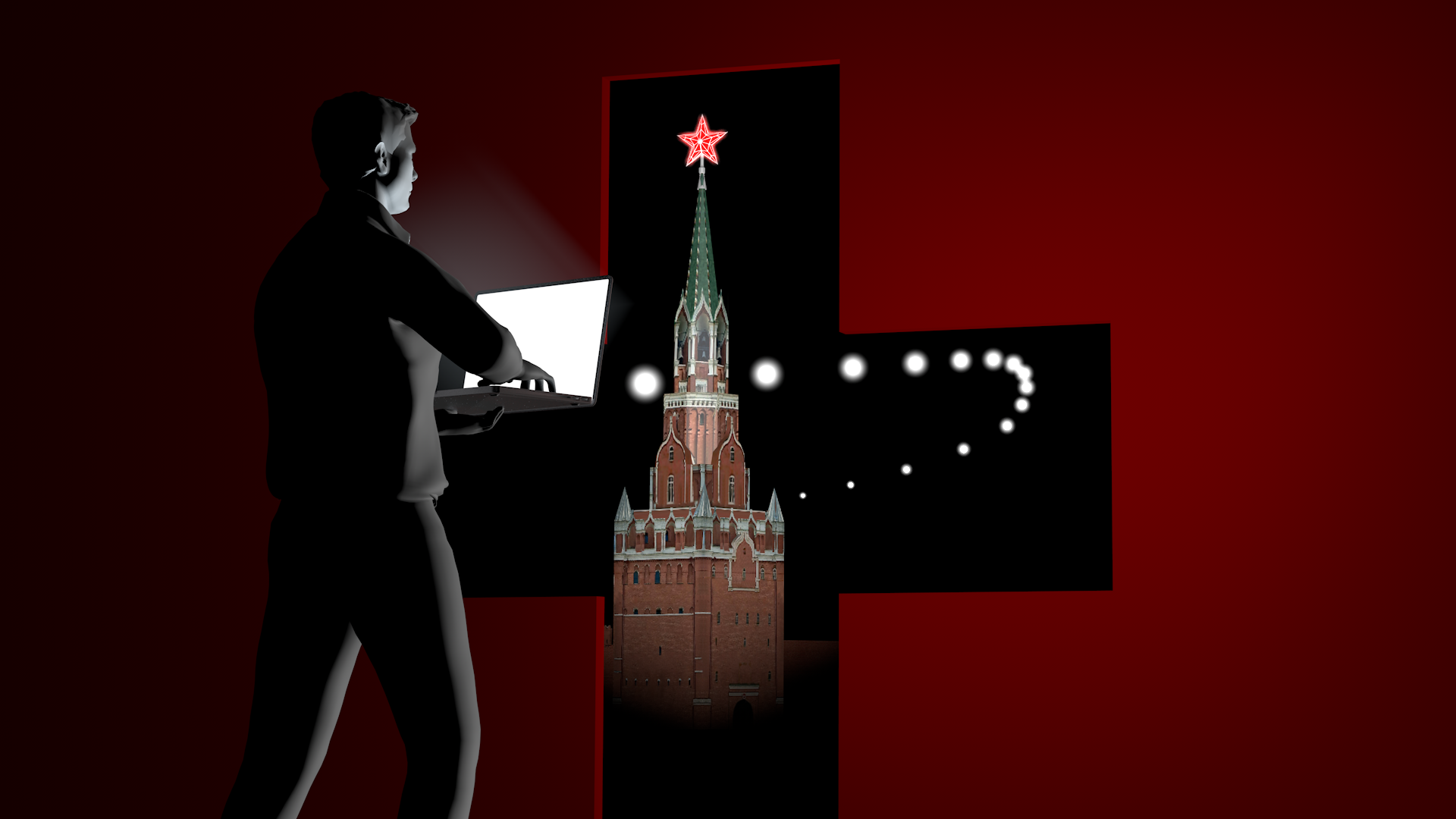Switzerland calls for Taliban prisoner of war status

The Swiss government has called on the United States to treat al-Qaeda and Taliban fighters being held in Guantanamo as prisoners of war.
The Swiss foreign ministry said in a statement, inmates in Cuba were entitled to the protection of the Geneva Convention and should not be transported in conditions “inferior to those” of their captors.
“Switzerland demands that the prisoners taken during the war in Afghanistan, who are currently detained in Guantanamo Bay, be classified as prisoners of war,” said the statement, which was also delivered to the United States ambassador to Switzerland, Mercer Reynolds.
The US refuses to classify the detainees as prisoners of war and brands them illegal combatants without any such rights.
However, the Swiss government noted that in case of dispute, the convention, which was signed by the US, called for the matter to be decided by a competent court.
More support
The International Committee of the Red Cross (ICRC) and United Nations agencies also believe the detainees should be treated as prisoners of war.
“We are confronted with an international armed conflict, and any captured combatant has to at least be presumed to be a prisoner of war. If there is any doubt about this person’s status, that has to be decided by a competent tribunal,” Darcy Christen, a spokesman for the Geneva-based ICRC, told swissinfo.
“This is important to avoid any kind of expeditious justice or arbitrary treatment,” he added. The ICRC spokesman also pointed out that, under international law, once hostilities have ceased, prisoners of war should be repatriated immediately, as long as they face no criminal charges.
International opinion has hardened against Washington since the publication of a set of photographs, taken and issued by the US Navy, which many took as proof of humiliating treatment of the prisoners. The pictures showed them shackled hand and foot, kneeling before their guards, and blacked-out goggles and masks over their mouths and noses. The prisoners are also being held in temporary cells that are open to the elements.
Private representations
Even if they have, the ICRC will not say so publicly. It is the policy of the organisation not to publish its findings, for fear of jeopardising access to the prisoners. Instead it will make representations to the American authorities privately.
Even so, Christen acknowledged that it “may take some time to persuade them for possible improvements”.
The US authorities have refused to classify the detainees, who were captured in Afghanistan, as prisoners of war, preferring instead to describe them as “illegal combatants”. Their status is also complicated by the fact that Guantanamo does not fall under US federal jurisdiction.
Public curiosity
Christen says publication of the pictures raised two questions: the issue of the treatment of the prisoners themselves, and the exposure of the prisoners to “public curiosity”, which is forbidden under the Third Geneva Convention, because of the potential harm it could cause to relatives or people in a similar situation.
“Normally, these pictures should not be allowed to circulate, and the authorities should be very cautious in disseminating them,” Christen says.
He said it was through private talks with the detainees that the ICRC would get a clearer idea of the conditions of their capture, their transfer to Cuba and their detention at Camp X-Ray.
“A picture itself does not really speak. We have to know from the prisoner himself what he has gone through. It is only then that we will know whether it was compatible with humanitarian law,” he explained.
The four ICRC delegates, one of whom is a doctor, will register the prisoners and document the conditions of their arrest, transfer and detention in private conversations.
“As long as these people are deprived of their freedom, they are entitled to protection. We just want to ensure that, as human beings, they are treated according to international humanitarian law,” Christen said, adding that the ICRC team would take into account the US’s “legitimate security concerns”.
Human dignity
Among the questions the ICRC team will be asking, for example, is why the prisoners were shackled and blindfolded for the entire journey from Afghanistan, and were the prisoners’ beards shaved off for hygiene reasons, or to humiliate them?
“We have to assess whether any security measure goes against the human dignity of the prisoner,” Christen says.
Boegli and his team will submit a confidential – though “explicit” – report to the US authorities.
The interviews with the 110 detainees currently at Guantanamo will probably last into next week. But the ICRC will continue to interview any new arrivals and assess the conditions in which they are being held.
“It’s a dynamic process. It’s standard practice for the ICRC to repeat its visits. It’s a matter of protection for the prisoners themselves, but to see whether our recommendations for improvements have been implemented,” Christen says. If the authorities fail to act on ICRC recommendations, then the organisation would make further representations, albeit still on a bilateral level, he added.
The ICRC refuses to make public its findings on the conditions of detention, so as not to erode the trust of the detaining authority: “The ICRC is often the only contact prisoners have with the outside world. We would rather favour access than public statements,” Christen says.
by Roy Probert

In compliance with the JTI standards
More: SWI swissinfo.ch certified by the Journalism Trust Initiative








You can find an overview of ongoing debates with our journalists here . Please join us!
If you want to start a conversation about a topic raised in this article or want to report factual errors, email us at english@swissinfo.ch.